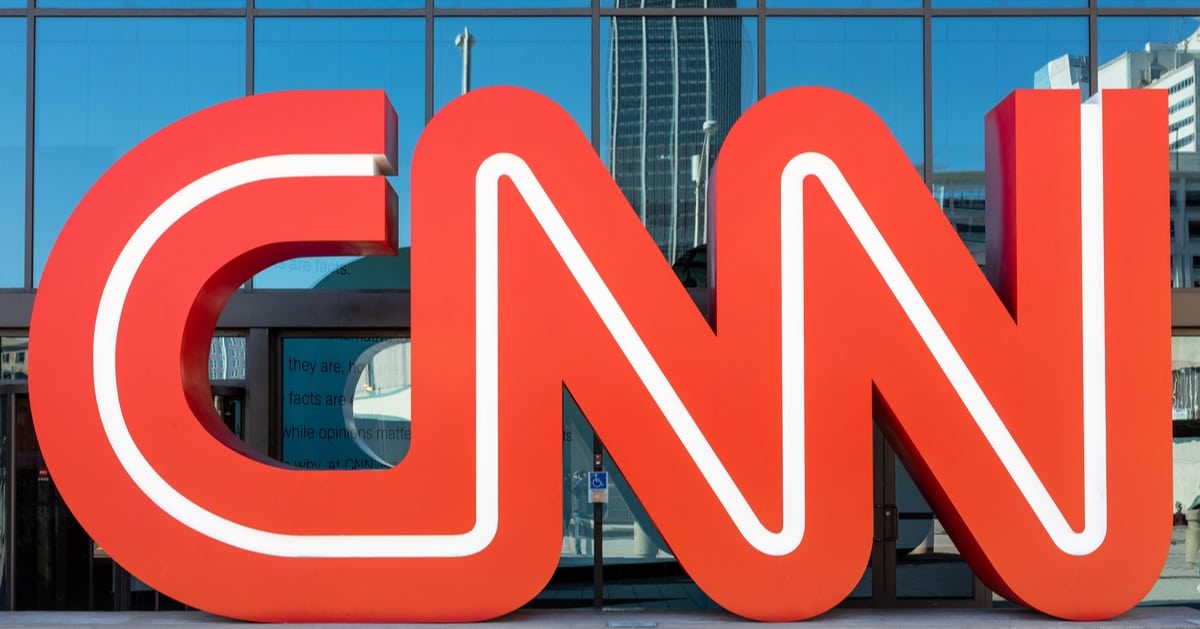



Mitch McConnell, the longest-standing leader in Senate history, has taken the political stage with a new independent stance, setting himself apart from his party's usual alignment with President Donald Trump.
NBC News reported that McConnell, no longer tied to leadership roles, expressed clear opposition to key nominees from Trump, which marks McConnell's open rebellion against Trump after years of quiet infighting.
McConnell voted against three prominent nominees endorsed by Trump. His new voting record began with Pete Hegseth, nominated for defense secretary, whom McConnell judged unqualified for the role.
In another notable vote, McConnell cast the lone Republican opposition towards Tulsi Gabbard, selected to lead national intelligence. His rationale revolved around concerns over Gabbard's "alarming lapses in judgment," signaling his serious reservations about her past decisions.
Further adding to his critical stance, McConnell opposed Robert F. Kennedy Jr.'s appointment as Health and Human Services Secretary, citing a problematic history regarding vaccines, which he opposed vigorously.
Amid these significant votes, McConnell's personal circumstances have also been highlighted. Physical challenges now see him relying on a wheelchair, a consequence of a recent fall. Despite this, his resolve in casting independent and often solo votes remains strong.
McConnell's current approach contrasts with his former role, where he often sought to preserve party unity. As noted by Sen. Lisa Murkowski, McConnell feels liberated from leadership responsibilities. He is now acting on personal beliefs.
McConnell's history with Trump is complex and marked by both support and conflict. He endorsed Trump in three presidential campaigns but has also disagreed, especially on trade policies and military support for Ukraine.
The evolving relationship is further strained by Trump's recent comments. The former president has suggested McConnell's influence is diminished, even questioning McConnell's claims about his polio history.
Sen. Rand Paul observed dissatisfaction brewing in Kentucky. McConnell's decisions have sparked conversation among Republican constituents who traditionally align with Trump's choices.
Murkowski defends McConnell's independence, describing his decision-making as a sign that he is acting true to himself. She supports his legacy of leadership despite current divides.
Amid the tension, other Republicans express diverse opinions. Sen. Tim Kaine acknowledges McConnell's unique position, highlighting his lack of fear in making decisions that might unsettle party norms.
Conversely, Sen. Steve Daines remains a strong supporter of Trump's selections, appreciating the robust Republican support that facilitated their approval. He acknowledges the differing viewpoints within the party.
Sen. Ted Cruz openly remarks on the lack of camaraderie between McConnell and Trump. This complex relationship shapes current and future political landscapes.
McConnell's opposition to Kennedy's anti-vaccine stance stands as a testament to his steadfast belief in scientific progress. The changing political stance of McConnell, once a key advocate for party cohesion, marks a turn towards personal conviction.
His decisions echo a broader challenge within the Republican Party's future trajectory. As he navigates these final years, McConnell’s legacy is being actively reshaped.
His former strategic ambitions are giving way to a more personal approach, defined by independence and self-direction in the face of party pressure and public scrutiny.



